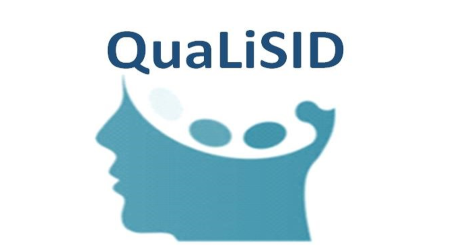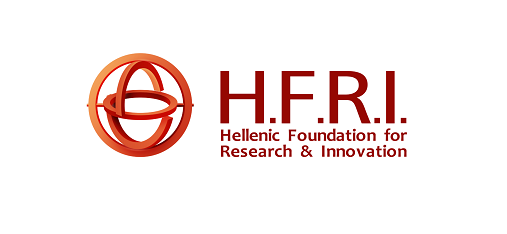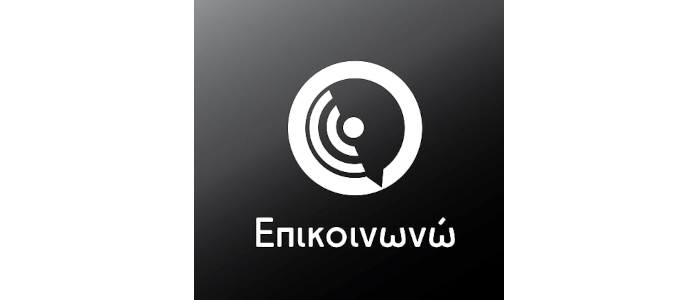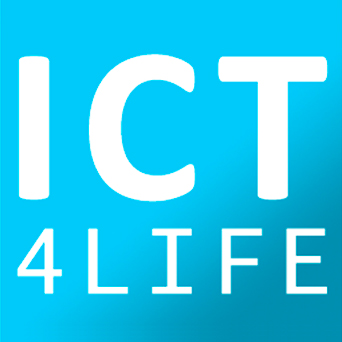Microscopic Image Processing Analysis Coding and Modelling Environment

|
Funding Organization
|
European Commission |
|
Funding Programme
|
Marie Curie International Research Staff Exchange Scheme |
|
Funding Instument
|
None |
|
Starting Date
|
Oct. 30, 2010 |
|
Duration
|
36 |
|
Total budget
|
|
|
ITI budget
|
|
|
Scientific responsible
|
Dr. Petros Daras |
MIRACLE
The main objective of this exchange scheme is to train Ph.D. students and post-docs and to create new research opportunities in the emerging area of microscopic image processing with significant health benefits. To this day, analysis of histology images of the human tissue biopsies remains the most reliable way of diagnosing and grading cancer.
Our work on the computer-aided classification and rating of histology images is motivated by the fact that there is significant inter- and intra-rater variability in the grading and diagnosis of cancer from histology slides by human experts. Computational histopathology can assist the pathologists in making the grading and diagnosis reproducible, by providing useful quantitative measures from histology images of a patient suspected or diagnosed of having cancer.
In this exchange programme, young researchers will be trained and educated in a virtual lab consisting of facilities from Bilkent University (BILKENT), University of Caen Basse-Normandie (UCBN), Information and Technology Institute – Centre for Research and Technology Hellas (ITI-CERTH), Ohio State University (OSU), and University of Warwick (WARWICK).
As a result of this collaboration, image processing algorithms and software for images of follicular lymphoma will be developed, workshops will be organised and joint scientific papers will be published, including a special issue in a respected scientific journal on the topic of microscopic image processing.















